Introduction
Real estate is considered one of the oldest and most popular ways to amass wealth. Yet, to be good at real estate investment, one needs to know the facts, plan correctly, and make strategic decisions. Here are the top 10 essentials that should be known before investing in real estate. This guide covers everything from finding the right location to understanding risks and gives you a proper starting point.
1. Understand the Different Types of Real Estate Investments
Investing in real estate comes in several forms, such as residential, commercial, industrial, and REITs (Real Estate Investment Trusts). Each brings with it a different level of risk, the possibility of return on investment, and liquidity. Identifying these differences is essential in order to get a direction on which would best work to reach your financial goals and meet your risk tolerance.
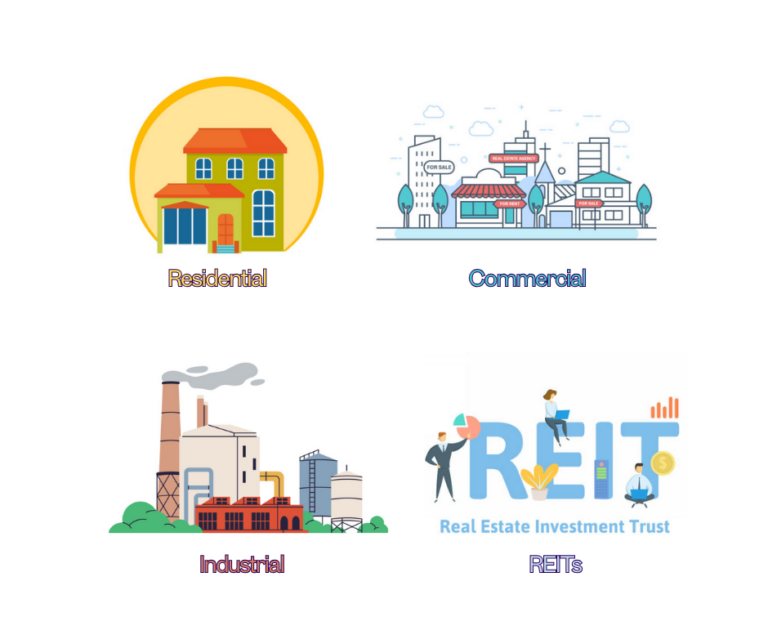
- How to: Research and compare different real estate types and their average ROI in various markets.
- Where to: Search for local property listings, REITs, or crowdfunding sites.
2. Research Market Trends
Investing in real estate is location-driven, so market trends in the area you choose for investment really need to be understood. Study property values and rental income trends in any given location, as well as economic indicators. An understanding of market cycles and demand levels helps one decide when and where best to invest.

- How to: How online platforms are used for analyzing current property trends and historical data about specific neighbourhoods.
- Where to: Research local real estate websites, news, and market reports from the agencies.
3. Set a Budget and Financing Plan
Investing in real estate requires a large amount of capital, usually more than other investments. Set a reasonable budget, which may include the cost of the purchase as well as closure costs, repairs, taxes, and other expenses. Since most investors use financing in the form of mortgages or loans, there is a need to know terms and requirements to have effective cash flow management.
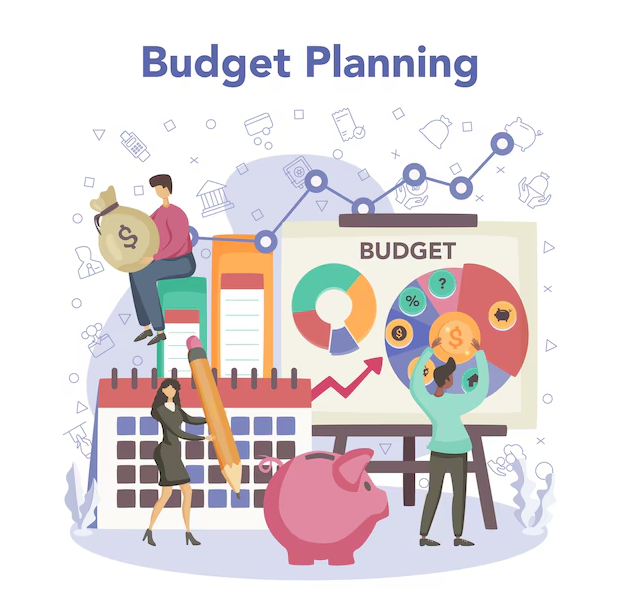
- How to: All the possible costs and whether one will use a mortgage or other financing options.
- Where to: Talk to lenders and/or financial advisors to find out what loans are available and what the interest rates are.
4. Evaluate Potential ROI
Determine whether there will be an ROI for the investment. The potential return may include gross rental income, property appreciation, and tax benefits, among others. Estimating the potential return makes it possible to determine if the investment meets your financial goals and when one can expect to have that return.
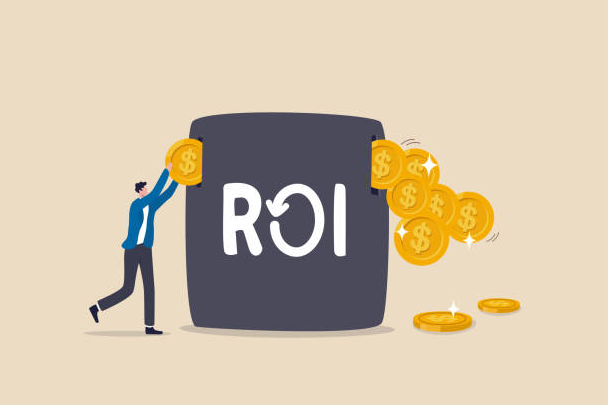
- How to: Calculate ROI by estimating the rental income, property appreciation, and costs.
- Where to: Online tools or talk to a real estate professional.
5. Location is Key
One of the golden rules of investing in real estate is “location, location, location.” The neighbourhood will have a significant impact both on the value of your property and on the demand for rentals and its potential for resale. Hotspots for amenities, schools, public transportation, and employment centers are a are a good start.

- How to: Visit the neighborhood, speak with residents, and note any local amenities and infrastructure.
- Where to: Use map-based property search tools and consult local real estate agents.
6. Be Aware of the Risks
Real estate investing doesn’t suit risk-averse people. The different components of risk bring the macroeconomic issues of market downturns, vacancies, and unexpected property maintenance issues. Understanding these risks and preparing for each one is key to long-term success. Always leave a cushion for those unexpected expenses.

- How to: Write down your potential risks and come up with an action plan for each, like an emergency fund for maintenance.
- Where to: Read your market reports and keep asking seasoned investors.
7. Consider Property Management
Running a property can be very demanding, especially if you own several and reside far away from your investment. However, by hiring a property manager, you can make things more straightforward, resolve issues with tenants, and take care of the property on your behalf. That being said, what’s significant here is to compare the costs of the service in property management with possible returns in terms in terms of rentals.

- How to: Search for reputable companies engaged in property management. Compare their services and charges.
- Where to: Use local listings of property managers or ask contacts among other investors.
8. Understand Legal Obligations and Regulations
There would be some rules regarding ownership of property and other rights of tenants in different regions. If you are unaware of these, you may face heavy fines or some legal issues. So, stay updated with these regulations to avoid lawsuits and make sure your investment is made with respect to local laws.

- How to: Research your region’s rental law and zoning regulations to escape the traps of the law.
- Where to: Research local government websites or seek an attorney who specializes in real estate to know better how to navigate the process.
9. Tax Implications and Benefits
Investments in real estate have a number of different taxes associated with them, but they also promise deductions, including mortgage interest, property tax, depreciation, and costs to maintain. All this can help you bring back your returns while reducing your liabilities.
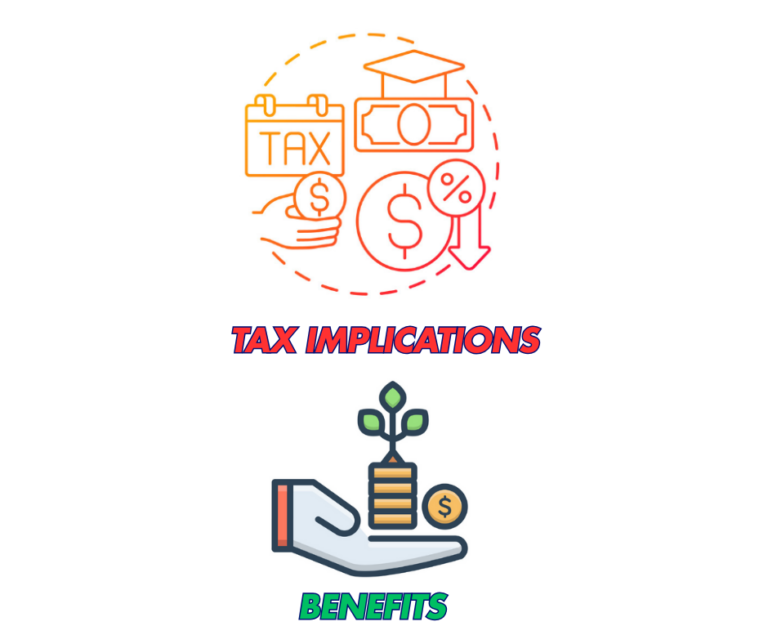
- How to: Keep track of all costs correctly so that you’ll be able to get the right amounts of deductions and acquire a tax professional.
- Where to: Get details on real estate investment deductions from the IRS or local tax resources.
10. Have a Long-Term Investment Strategy
Investing in real estate generally is a long-term game for best returns. You must decide to fix and flip for quick gains or to purchase and hold for steady rental income and appreciation. A long-term plan could provide you with direction and define your financial goals over time.
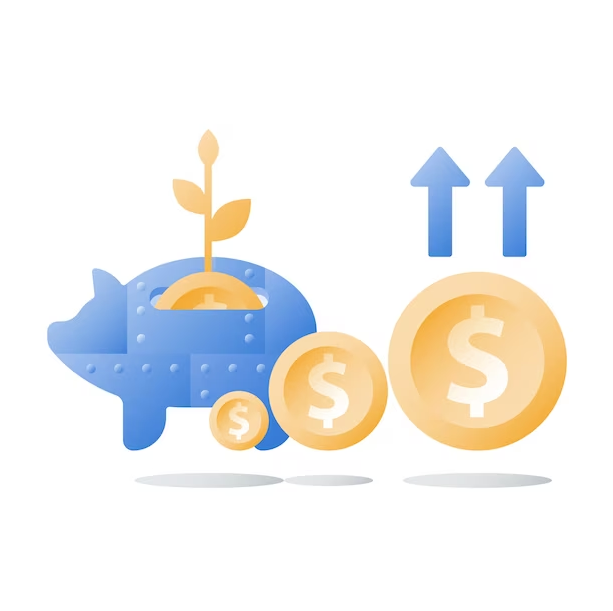
- How to: Define your investment goals and timeline before buying into property.
- Where to: Talk to successful real estate mentors or even investment consultants and build on their strategy that suits your needs.
Final Thoughts on Investing in Real Estate
Investing in real estate is indeed a fascinating journey but strictly requires a plan, a great awareness of the market, and the ability to be prepared for any challenges that might arise. With these ten essentials in mind, you will be better equipped to make decisions that fit into your financial objectives.
FAQs
How much money do I need to start investing in real estate?
- While it varies widely, most investors recommend starting with at least a 20% down payment for direct property purchases. Crowdfunding and REITs allow for real estate investments with much smaller initial amounts, sometimes as low as $500.
How can I calculate the ROI on a property?
- ROI can be calculated by dividing the net profit (total income minus expenses) by the total investment cost and multiplying by 100. For rental properties, factor in monthly rental income, maintenance costs, and property appreciation.
Is real estate a good investment during a recession?
- Real estate can be a stable investment during economic downturns, but market timing and location play crucial roles. Rental properties, in particular, can provide steady income even in uncertain times if located in high-demand areas.

Owner of Paisewaise
I’m a friendly finance expert who helps people manage money wisely. I explain budgeting, earning, and investing in a clear, easy-to-understand way.


Pingback: Top 7 Side Hustles in 2025 Earning $9,000+ - Paisewaise
Pingback: How to Sell Real Estate Leads to Agents Using Cold Emailing - Paisewaise
Pingback: The Best CRM Software for Remote Real Estate Investors - Paisewaise
Pingback: Virtual Real Estate Photography Business From Home - Paisewaise
Pingback: Best Real Estate Affiliate Programs for Niche Bloggers - Paisewaise
Pingback: Why Investing Into Real Estate Is the Smartest Move in 2025 - Paisewaise
Pingback: The Do’s and Don’ts of Investing Into Real Estate for Beginners - Paisewaise
This blog is a impressive tool for anyone looking to learn more about related topics.
Awesome article! I truly enjoyed going through it and learned some helpful tips. Keep up the good work!
This is the kind of post I enjoy reading.